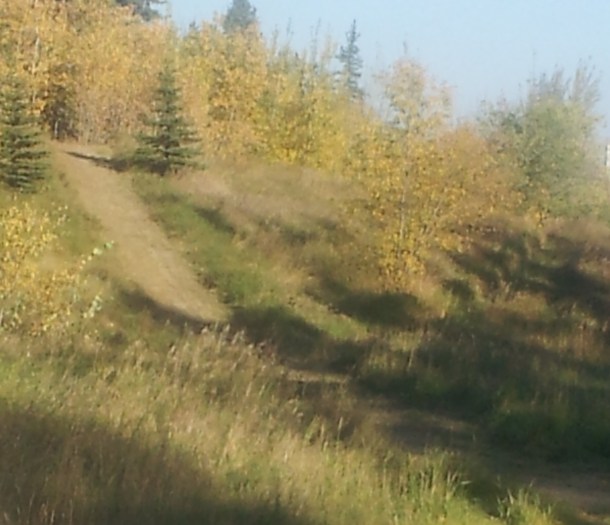I began reading a book called Thomas Merton—Evil and Why We Suffer: From Purified Soul Theodicy to Zen. The author, David Oberson, explores the evolution of Merton’s view of good and evil throughout his adult life, framed, first, through a mystical and monastic Christian view and, then, a growing interest in Zen Buddhism towards the end of his life.
I have always been fascinated with Merton’s wide ranging relationships, nurtured through letter writing. Some I knew about from previous readings e.g., Thich Nhat Hanh, Dororthy Day, Martin Luther King, Jr., etc. Today, I found another one of his relationships; this one with the poet Czeslaw Milosz who lived under Nazi and Soviet oppressors in Poland before moving to the US. Merton and Milosz shared concerns about totaliarianism, scientism, racism, etc., which I can only imagine would be intensified in today’s global climate.
Milosz wrote a beautiful poem called Gift to remind me suffering that emerges from life is impermanent. In this poem, he reminds me their is always something beautiful and good, as he alludes to nature and creation that emerges to replace the suffering.
A day so happy.
Fog lifted early, I worked in the garden.
Hummingbirds were stopping over honeysuckle flowers.
There was no thing on earth I wanted to possess.
I knew no one worth my envying him.
Whatever evil I had suffered, I forgot.
To think that once I was the same man did not embarrass me.
In my body I felt no pain.
When straightening up, I saw the blue sea and sails.

I took this picture in BC about two years ago. As I walked on this morning, I reached a higher spot on the path and saw the lake in the distance fog covered. Like the fog, the suffering lifts with time and a warming sun. I let go of the envy, anger, grasping to be present when I work in the garden that is nature.










